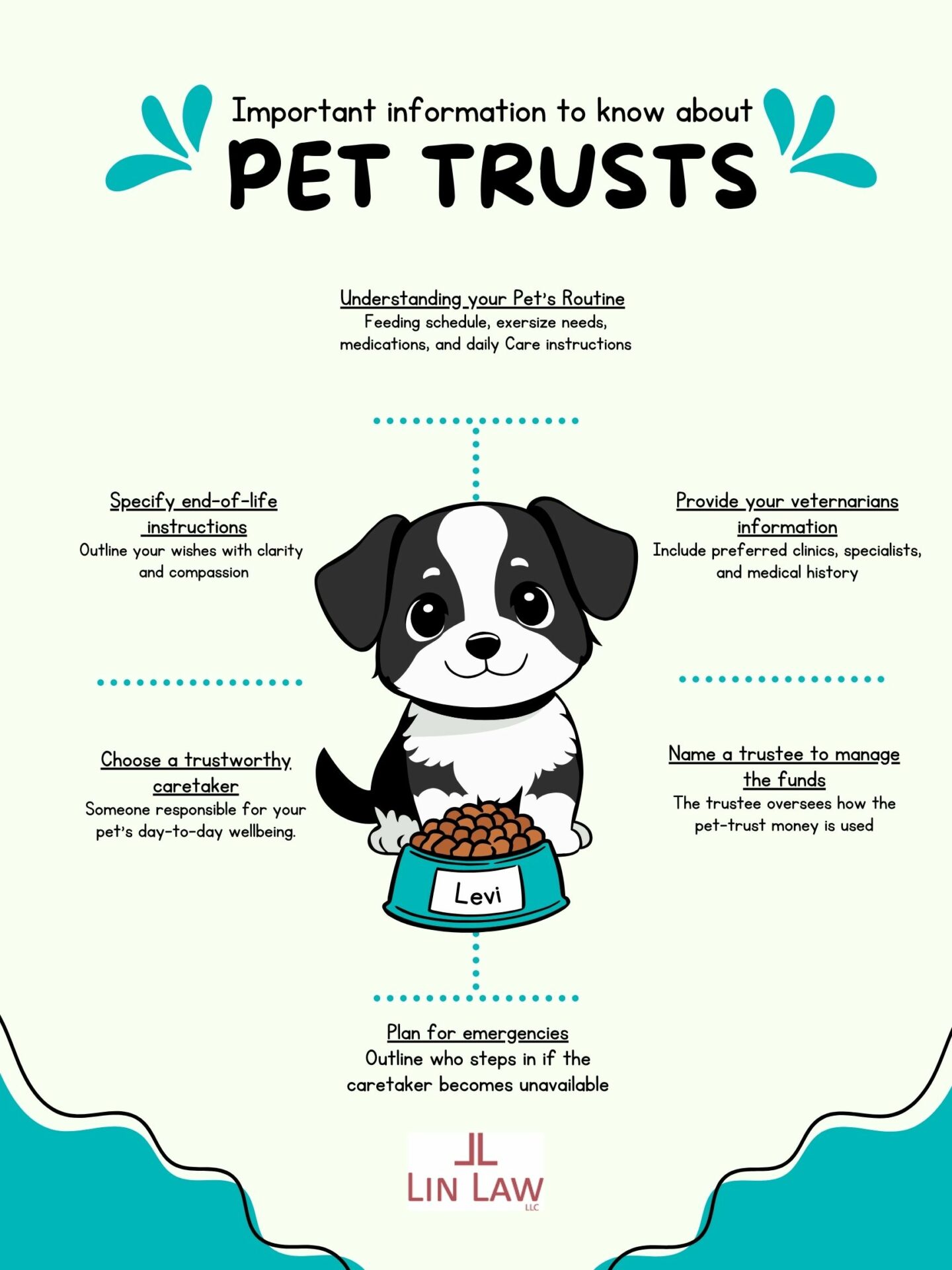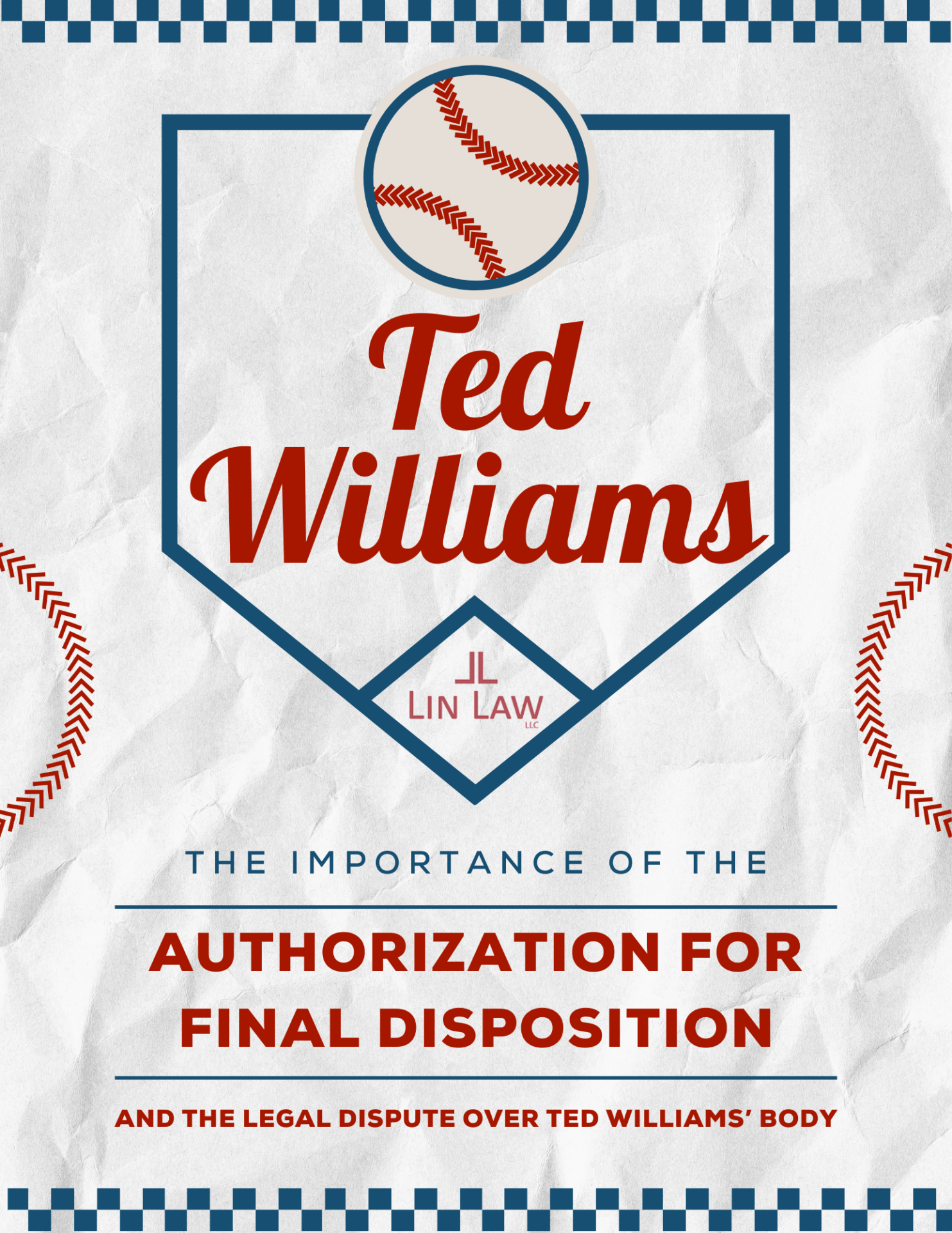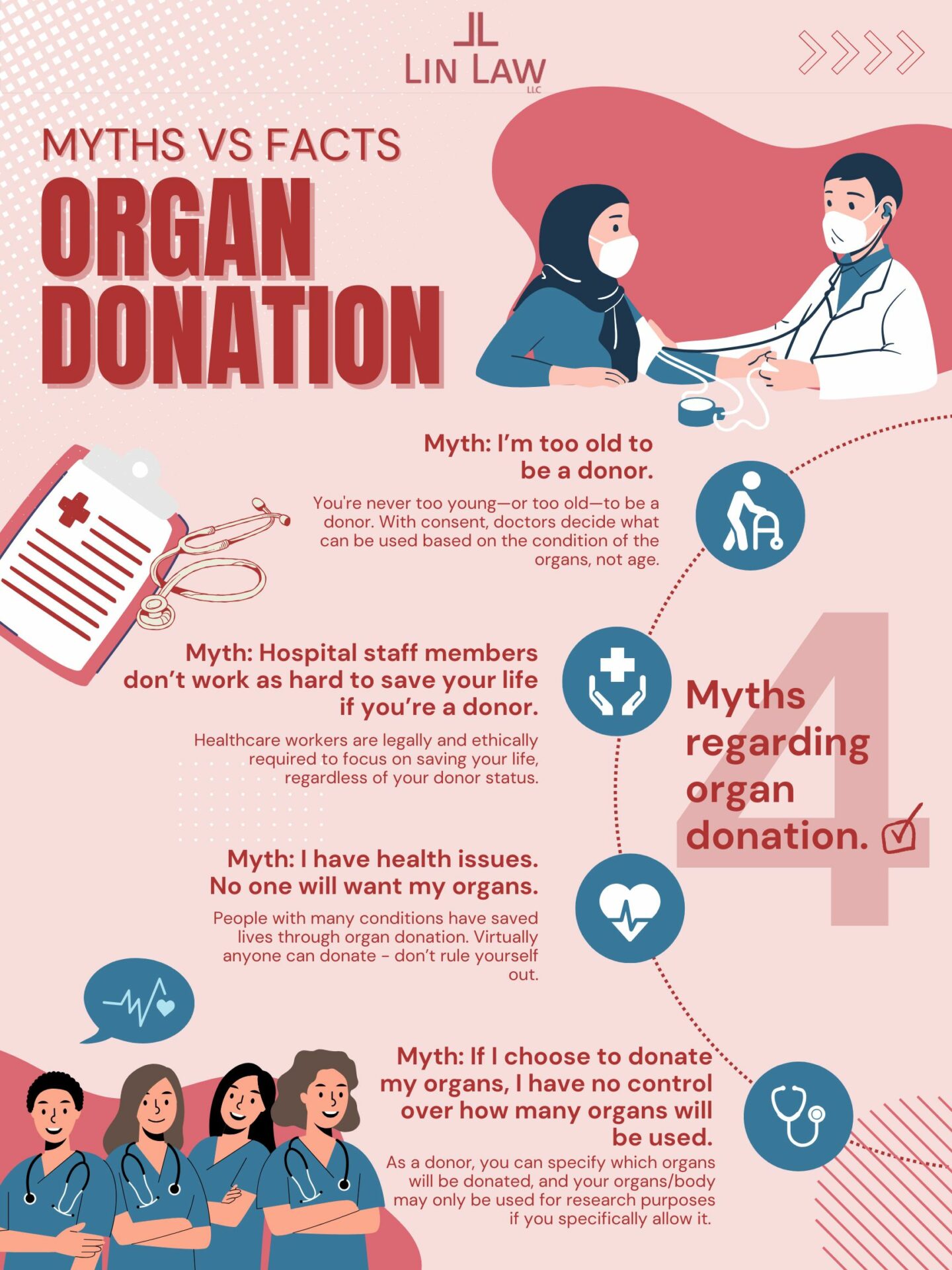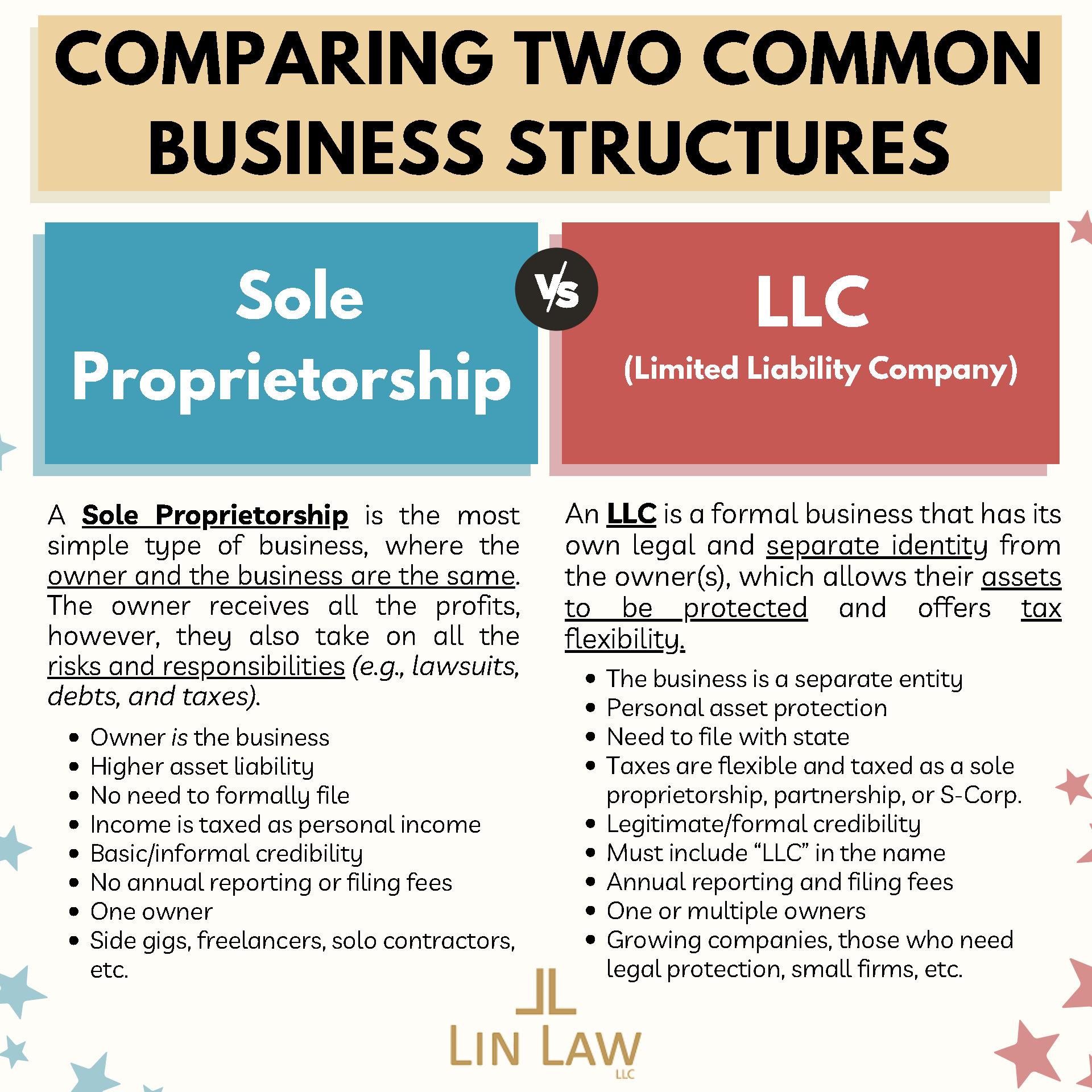For many Wisconsin families, keeping the home, cottage, or any other real estate in the family is vital, preserving ownership across generations. Many also desire to spare their loved ones the need to go through probate, which often adds time and costs to administering an estate. Probate is the public, court-supervised process used to pay a deceased individual’s debts, and distribute any remaining assets to the individual’s heirs. Without a proper plan, whether these goals will be reached is a gamble. Depending on your circumstances, a Transfer on Death (TOD) Deed might be a simple, cost-efficient tool to accomplish these goals.
Just like you can do for life insurance policies, and bank, brokerage, and retirement accounts, you can use a TOD Deed to designate one or more beneficiaries to automatically take title to your real estate at your death. It bypasses probate, keeps expenses low, and requires no ongoing upkeep. Put plainly, a TOD Deed is a faster and cheaper route that keeps your real estate out of court and spares your loved ones lengthy delays.
How does it work? You keep full ownership during your lifetime, meaning you can sell or refinance at any time. The beneficiary receives the property automatically at your death. You must sign the deed, have it notarized, and record it while alive.
Are TOD Deeds right for everyone? Unfortunately, TOD Deeds aren’t right for every situation. If you name more than one beneficiary (such as your children), your beneficiaries will all take equal co-ownership of the entire property conveyed. In order for your beneficiaries to sell the property, unanimous approval is required. If not all beneficiaries agree, disputes can (and often do) quickly develop.
And what happens if a named beneficiary predeceases you? Unless you specify otherwise, in most cases a predeceased beneficiary’s ownership interest will pass to their issue by right of representation (i.e. split into equal shares with one share for each living child and each deceased child with living children), further diluting ownership and complicating decision-making.
TOD Deeds also aren’t great if the beneficiary is a minor. Their ability to take manage and sell the property is diminished and typically requires their legal guardian’s approval.
If any of these situations apply to you, you should consider an estate plan that addresses these more complicated issues, such as a trustor will-based estate plan. Under either of these estate plans, you have greater flexibility to vary the default survivorship rules, can designate one individual with authority to either sell or distribute the property to your intended beneficiaries, provided that assets distributed to minors or individuals under a certain age will be held in trust for the individual’s benefit, and nominate legal guardians for your minor children.
When to use a TOD Deed? There are certain situations where TOD Deeds work well. If probate avoidance can be accomplished using TOD Deeds, such as if most of your net worth is comprised of your primary residence, and you have just one intended adult beneficiary, TOD Deeds are the fastest and most cost-effective tool there is. TOD Deeds are also revocable, meaning you are free to revoke them at any time, and if you sell the property before your death, the TOD Deed automatically becomes void.

 Persons involved in real estate closings and settlements are now required to report on certain transfers that the Treasury Department deems high risk for illicit financial activity. Specifically, non-financed transfers of residential real property to legal entities or trusts. The rule aims to in-crease transparency in real estate transactions and help prevent the use of anonymous entities to conceal illicit funds.
Persons involved in real estate closings and settlements are now required to report on certain transfers that the Treasury Department deems high risk for illicit financial activity. Specifically, non-financed transfers of residential real property to legal entities or trusts. The rule aims to in-crease transparency in real estate transactions and help prevent the use of anonymous entities to conceal illicit funds. Persons involved in real estate closings and settlements are now required to report on certain transfers that the Treasury Department deems high risk for illicit financial activity. Specifically, non-financed transfers of residential real property to legal entities or trusts. The rule aims to in-crease transparency in real estate transactions and help prevent the use of anonymous entities to conceal illicit funds.
Persons involved in real estate closings and settlements are now required to report on certain transfers that the Treasury Department deems high risk for illicit financial activity. Specifically, non-financed transfers of residential real property to legal entities or trusts. The rule aims to in-crease transparency in real estate transactions and help prevent the use of anonymous entities to conceal illicit funds.


 Did you know that Wisconsin is one of just nine states with marital (community) property laws? Wisconsin joined the small number of states with this treatment of marital property by enacting the Wisconsin Marital Property Act in 1986. Under Wisconsin’s marital property law, nearly all assets and debts acquired during a marriage are considered to be owned equally by both spouses, regardless of whose name is on the paycheck or whose name is on the title. The law is based on the principle that “a sound marriage is a partnership of equals,” recognizing the value of both financial and non-financial contributions to the relationship.
Did you know that Wisconsin is one of just nine states with marital (community) property laws? Wisconsin joined the small number of states with this treatment of marital property by enacting the Wisconsin Marital Property Act in 1986. Under Wisconsin’s marital property law, nearly all assets and debts acquired during a marriage are considered to be owned equally by both spouses, regardless of whose name is on the paycheck or whose name is on the title. The law is based on the principle that “a sound marriage is a partnership of equals,” recognizing the value of both financial and non-financial contributions to the relationship.









Even the best hitters can’t plan for every curveball life throws – but a strong estate plan, drafted by an experienced attorney familiar with your unique circumstances and goals, can bring your batting average up to all-star levels.
After Ted Williams passed away, confusion quickly ensued when two of his children presented a handwritten note expressing Mr. Williams’ desire that his body be cryogenically frozen. The problem? Mr. Williams’ will stated his wish to be cremated and have his ashes scattered over the ocean off the coast of Florida. The litigation that followed left Mr. Williams’ body frozen in controversy – like a batter getting thrown a 12-6 curveball.
Disputes like these can be avoided by properly documenting your wishes and by ensuring consistency across your estate planning documents. Wisconsin permits individuals to create Authorizations for Final Disposition – a special document that designates who will make burial or cremation decisions, and in which you may specify any specific funeral/celebration of life and burial arrangements.
At Lin Law LLC, we help families make sure their wishes are honored, their loved ones are protected, and their legacy is preserved.